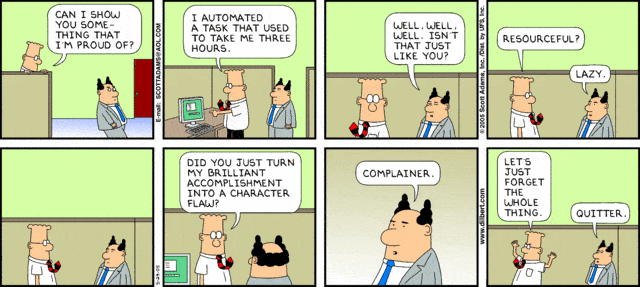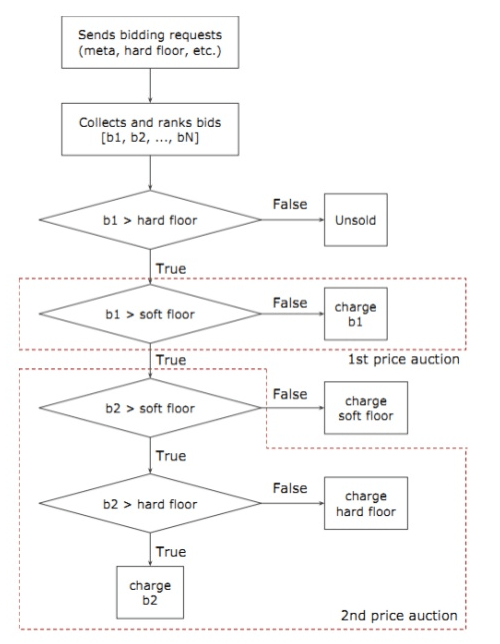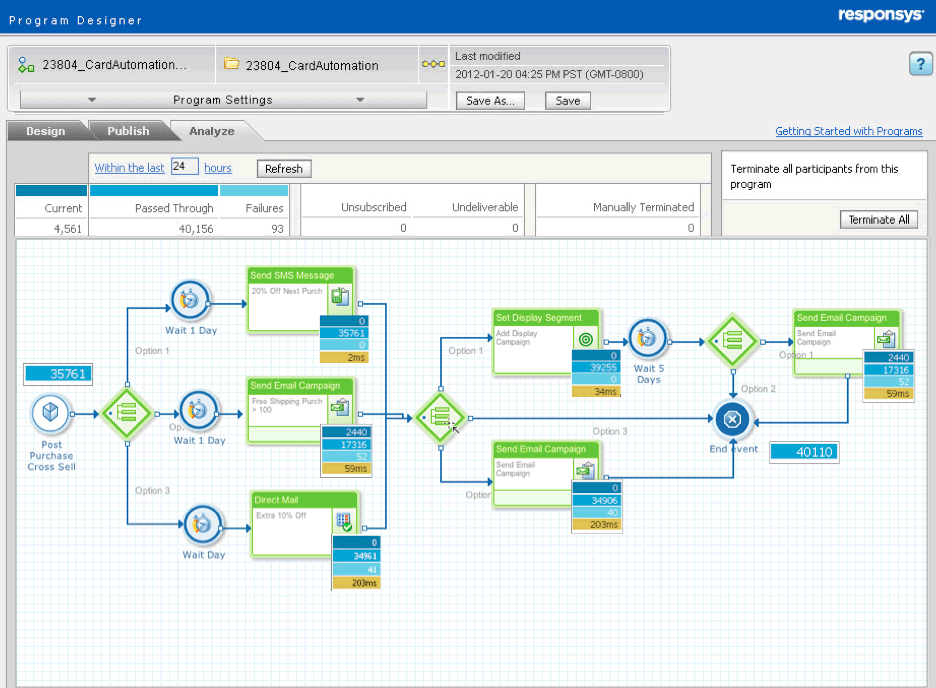Why software engineers will be best marketing technologist in a digital world
- Abhishek Tiwari
- Opinion
- 10.59350/v42z6-hzr68
- Crossref
- October 20, 2014
Table of Contents
Recently Clive Sirkin, the chief marketing officer of Kimberly-Clark suggested that best marketer in a digital world would be the marketing technologists. I am in complete agreement with Sirkin’s observation. Scott Brinker called marketing technologist as Neo of the marketing matrix. HBR covered a detailed story on rise of chief marketing technologist and Forbes compared marketing technologists to unicorns who will rule the modern marketing world. The role of technology in marketing is now evolving from enabler to innovate — a primary reason why marketing technologist are so much in demand. Technology now truly powers and dominates the majority of innovations in marketing.
In my mind, there is no doubt that sooner or later most marketing functions will have a marketing technologist role. The big question now is who fits the bill? In a nutshell, a role of marketing technologist is to provide a technology vision for marketing teams and execute them in such a way that investment in marketing technologies offers a better ROI. Scope of marketing technologist role is quite different from traditional and modern digital marketing roles. Unfortunately, many traditional marketers as well as digital marketers are now trying to transition themselves as marketing technologist. I am afraid to say that successful marketing technologist will be technologist turned into marketing (TTM) and not the other way around — marketer turned into technology (MTT). I find later hard (MTT) if not impossible and in my opinion, this kind of skill set does not bring a lot of value in marketing teams.
As Clive Sirkin commented that fundamentals of marketing are always going to be the same, but it’s a question of how one activates the fundamentals and this is where the tide turns in favour of marketers with strong technology roots. That said, there will be always some exceptions — some of the best marketing technologists I know transitioned from traditional marketing roles have very good technology background.
Going to the next level, I believe that in a technology driven marketing world software engineers are poised to be the best marketing technologist and here is why?
Why
Hands-on
Software engineers are hands-on than traditional marketer who rely heavily on the agencies and service providers. You cannot be a marketing technologist unless you have good hand-own experience at minimal with HTML, JavaScript, and CSS. Software engineer because of their programming background are native and comfortable with these web technologies.
Skeptical
Traditional marketing is driven by ideas. Often in marketing functions, there is a race for the ideas. Software engineers are sceptical people. They trust and value data significantly than ideas. They believe in execution. They challenge the status quo and rarely drawn by hype and fancy slide decks. They always scrutinise what comes in their way. Very much like scientists, software engineers are driven by logic, hence a hard nut to crack if they are confronted with ideas without logic or data to back them.
Practical
Good software engineers are practical. Their practical sense and substance comes because they know their craft. Software engineers appraise and appreciate the craftsmanship. They are doers to a greater extent, and less of talkers. This may be a little hard of marketing folks, but you don’t get respect from software engineer unless you can walk the talk.
Pragmatic
They are pragmatic and best-practice driven. They always find an efficient and natural way of doing things. They focus on common denominators, reusability and design patterns. Let’s take tag management as an example, most of software engineers will have strong opinions on tag management architecture, they will understand the value of naming conventions and data layer models which will be rare for people with a marketing background.

Programmatic
No one will understand programmatic and algorithm better than a software engineer. A software engineer will always find ways to automate any repetitive task. They are better equipped to design marketing automation and orchestration workflows compared to their traditional marketing peers.
Software engineers are strong on algorithms and are better prepared for any marketing problem which requires a good understanding of algorithmic. Real-time bidding or re-targeting implementation — algorithms are a key differentiator and software engineers along with data scientists are set to play a major role in both cases.

Test-driven
Test-driven implementation and execution are sweet spots for software engineers. I will be not surprised to see the rise of Test-driven marketing (TDM) and Behaviour-driven marketing (BDM) frameworks in coming days.
To give you a sense why test-driven culture is important for marketing consider your everyday email marketing campaign — never tested hardly quality controlled — often face following issues,
- Email links didn’t tag properly, so you cannot track anything
- Renders incorrectly in various email clients, poor experience delivered
- Incorrect and confusing copy causing lot noise, as no one from legal was consulted
Now think about a complex marketing automation or the orchestration which triggers highly branched and personalised customer journey. Only if customer journeys were perfect, but they are not. Anomaly and exception handling are an integral part of automation and orchestration. No one can be sure what will come out if test-driven approach is not in place? To summarise, complex marketing automation/orchestration demands a test-driven approach.

Data-driven
Software engineers in-general are highly analytical and data-driven folks. Good software engineers always fiddle with numbers when it comes to make a choice. They explore, ask questions, do “what if” analysis, challenge existing assumptions and processes. Software engineers use some of the best performance measurement techniques and they know exactly what to measure to get actionable insights. They believe that performance is first customer experience and all other things are secondary. Ultimately, customer experience is the holy grail of modern marketing.
Agile
Most of good software engineers are fairly experienced with agile development practices. Agile marketing is relatively a new concept in marketing functions, but borrows heavily from traditional agile development practices. So for instance, a software engineer will be not surprised when you talk about preference for iterations over big-bang, numerous small experiments over a few large bets and so on.
Previous learnings from agile development can enable software developers to improve the velocity, predictability, transparency, and adaptability in any marketing function. Agile is not only one area where marketing can benefit from software engineers, continuous delivery and DevOps are equally powerful concepts with emphasis on communication, collaboration, and integration. The future of marketing is continuous, iterative, and responsive.
Problem-solvers
Software engineers are natural problem solvers and good software developers are interested to solve business problems first then technical and marketing. In addition, software engineers are great troubleshooter and debuggers. Most of software engineers spend a major part of their professional life debugging the softwares. They know their tool chain and where to start when a problem occurs.
Lets take an example of a large budget marketing campaign, which was expected to make a big splash but failed to connect with the audience. Should marketing end the campaign early or troubleshoot the current situation so business can get better outcomes? First of all one should avoid being in a situation like this (only if you followed fundamental of agile marketing), but things happen and the only way out of this situation is to fix where it is broken.
Creative
Software engineers, especially those experienced in front-end software technologies are highly creative people. They are second to none when it comes to creativity. The emerging role of creative technologist, which requires a software engineer with a creative side is a case in point.
Technical
Software engineers offer a great combination of digital DNA and technical acumen. Technology is their stronghold, and because they understand low-level mechanics of technology and systems they are good at connecting the dots and drawing a big picture accurately. They have first hand experience with the complexity and chaos created by technologies. Most importantly software engineers understand the importance of scalability and redundancy, both of which may sound alien to traditional marketers. For instance, scale of truly personalised campaign is enormous and cannot be scaled using traditional campaign management techniques. Dynamic re-targeting and re-marketing are some of examples of this scale which requires automation at its best.
Lerner
Good software engineers are continuous learners and an experimentalist. They always look to improve their workflow and gain efficiencies by adopting latest tools, technologies and best-practices. This is quite relevant to marketing where technology is changing rapidly and continuous learning and experimentation is the only way one can keep up with the latest trends.
Conclusion
As Jeff Hammerbacher noted — the best minds of my generation are thinking about how to make people click ads. Although that sucks, it is a reality we all must face. The best minds (i.e., software engineers) are going where the money is. A large number of software engineers are already heavily involved in the development of various marketing technologies. By 2017 most of marketing functions will spend more than IT. I don’t see why software engineers should play second fiddle when they can lead the marketing in a digital world. Having said that, I reckon most of marketing technologist will remain firmly rooted in technology, rather than marketing.


